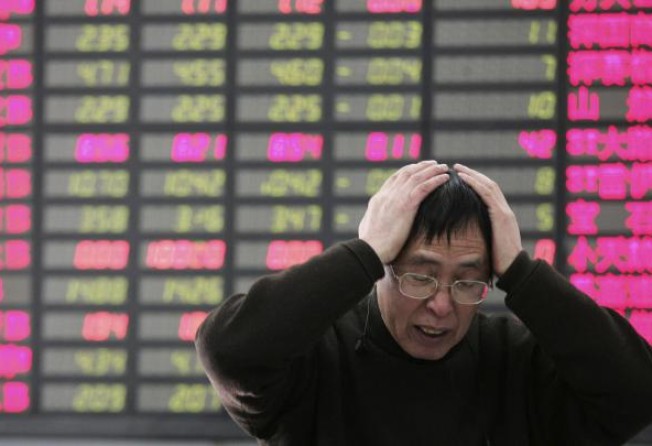The South China Morning Post reported on August 9 that Zhou Ping, a managing director for Greater China - which covers the mainland, Hong Kong, Macau and Taiwan - at GE Asset Management, resigned to start his own company.
Following Zhou's departure, several other employees at the company's Shanghai office also resigned to join Zhou's new venture, said the people, who asked not to be named because they are not authorised to speak to the media.
Behind the departures are two problems that have concerned the wider investment community on the mainland for years: relatively lower incentives for local fund managers working for global asset management firms compared with their so-called star counterparts on Wall Street, and the impatience of head offices in New York or London over the slow recovery of the mainland and Hong Kong markets.
"When people look at the company from the outside, they usually say 'Wow, it's GE! Everything looks bright'. But when you look inside, it's a very different story," said one of the people.
A spokesman for GE Asset Management confirmed in an e-mail to the Post that four equity analysts recently left the company's Shanghai office and only one analyst remained.
The spokesman declined to comment on whether the US company would close its Shanghai office, which is mainly responsible for investments in the mainland stock market.
GE Asset Management, which has more than US$120 billion under management worldwide, was one of the first to win a licence from Beijing under the qualified foreign institutional investor (QFII) programme, which enables an asset manager to directly invest in the mainland stock market.
According to the latest figures compiled by Lipper, a fund research unit of Thomson Reuters, QFII funds reported a 5.65 per cent decline last month and a 6.12 per cent loss for the first eight months of this year.
By comparison, the benchmark Shanghai Composite Index has dropped 3.44 per cent so far this year. The index lost 14.3 per cent in 2010 and 21.7 per cent last year, making it one of the world's worst-performing stock markets in the past two years.
Beijing considers the granting of a QFII licence, launched in 2002, to be a privilege for selected foreign investors and wants them to buy more mainland stocks. However, in recent years, foreign investor sentiment has cooled as concerns grew over the country's economic outlook and the weak performance of its stock markets.
Even in free-wheeling Hong Kong, some fund managers have become more cautious.
Earlier this year, the Hong Kong office of Soros Fund Management, founded by legendary investor Soros in the 1960s, lost several key staff. Some resigned and others were relocated.
Several junior staff in the company's Hong Kong office were let go this year, according to people with knowledge of the matter. The firm has said it will not close its Hong Kong office.
According to people in the financial industry, many Hong Kong-focused fund managers are trying to keep their investment returns above 7 or 8 per cent this year, compared with the benchmark Hang Seng Index, which has gained 11.91 per cent this year as of Friday.
In comparison, the Thai market has risen 24.46 per cent, while Philippine stocks have added 21.74 per cent and Wall Street's Dow Jones is 11.26 per cent ahead. Japan's Nikkei-225 Index is up 8.33 per cent so far.
